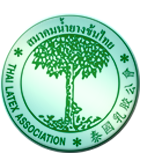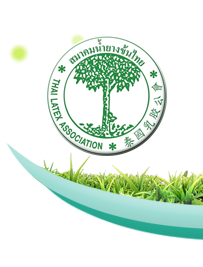BRUSSELS, June 20 (Reuters) - The United States has asked the European Union to delay its upcoming ban on imports of soy, wood and other commodities linked to deforestation, a letter seen by Reuters shows, as U.S. exporters struggle to be ready in time.
The EU's deforestation law will, from Dec. 30, require companies and traders placing soy, beef, coffee, palm oil and other products onto the European Union market to provide proof their supply chain does not contribute to the destruction of forests.
In a letter to the European Commission, U.S. Trade Representative Katherine Tai, U.S. Agriculture Secretary Thomas Vilsack and U.S. Commerce Secretary Gina Raimondo said U.S. producers were struggling to prepare to comply with the rules.
"We therefore urge the European Commission to delay the implementation of this regulation and subsequent enforcement penalties until these substantial challenges have been addressed," said the letter, dated May 30.
The letter said the challenges for U.S. producers include that, with only six months until the law takes effect, the EU has yet to launch a system for producers to submit their documentation and "has not provided clear implementing guidance" on the policy.
The letter was first reported by the Financial Times.
A European Commission spokesperson said on Thursday it had received the letter and would reply in due course.
"We keep the situation under constant review and we are working hard to ensure that all the conditions are met for smooth implementation of the law," the spokesperson said.
By rooting out deforestation in the supply chains for products sold in Europe, the EU policy aims to ensure that European consumers are not contributing to the destruction of the world's forests from the Amazon to Southeast Asia.
Brussels has so far resisted calls to delay the law, which it says is
needed to turn voluntary
pledges to halt deforestation - made by countries including the U.S. - into action.
But the law's requirements, including that producers provide geolocation data to prove their land is not deforested, have faced strong
pushback from palm oil producers Indonesia and Malaysia, and top soy producer Brazil, who say the EU is imposing trade barriers and extra costs on their economies.
Agriculture
ministers from a majority of EU countries have also called for the law to be delayed, on the grounds that it would harm European farmers. Under the policy, EU farmers will be banned from exporting products cultivated on deforested or degraded woodlands.
Source : Reuters









